There is an enormous amount of somatic genetic variation in the improved radiata pine available for purchase from commercial seed orchards, clone producers, and radiata nurseries. The hundreds of radiata trees used in commercial seed orchards produce many families of seed that become available as tree stock in radiata nurseries. They will rate differently for the breeding traits that are important to growers. Some will be top rated for growth, others for wood quality, while others will have been selected for resistance to Dothistroma needle blight.
The genetic make-up of radiata will influence how it grows, but site and silvicultural management also have a larger impact. Productivity is constrained by environmental conditions but within these limits, selective genetics and appropriate silvicultural management can deliver profitable volumes and logs with improved wood quality. Sub-optimal sites and/or forest management practices limit the potential economic benefit from improved genetics.
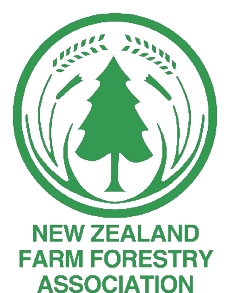
NZFFA was formed in 1957. Membership is spread over 27 branches throughout NZ, and there are 6 special interest groups. Our members own or manage up to 100,000Ha of forest, and influence the management of a similar area. These forests consist of radiata pine; cypress; eucalyptus; redwood; blackwood; other exotic species and managed indigenous forests.
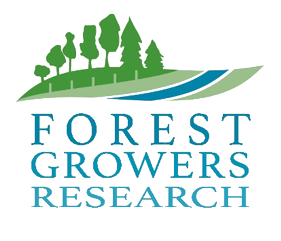
Forest Growers Research (FGR) is part of the Forest Owners Association (FOA) and co-ordinates industry input and funding of research programmes relevant to the forest growing sector. FOA holds the single share in the company for the benefit of all forest growers.
Wood quality traits are strongly heritable which means that genetic makeup has a substantial influence on the gains in wood quality that can be achieved with radiata pine.
Wood density increases by 2.15 Kg/m³ for each unit increase in GF Plus™ Density.
Regardless of genetic quality, the absolute wood density is higher in northern, warmer regions and much lower in colder, southern regions, and at higher altitude. Across New Zealand, seed families with higher GF Plus™ Density will deliver higher density wood. Deployment of genotypes with highly improved wood quality traits may not be warranted in regions where higher density ratings may not materially increase the inherent wood quality of these regions.
Stiffness, measured as Modulus of Elasticity, is not yet a GF Plus™ trait but corewood stiffness, measured as ST 300 velocity, is significantly related to stiffness breeding values. Like density, however, stiffness is strongly influenced by environmental factors, particularly temperature. Research is ongoing to quantify and validate the genetic gains.
For more information on genetic gain click here
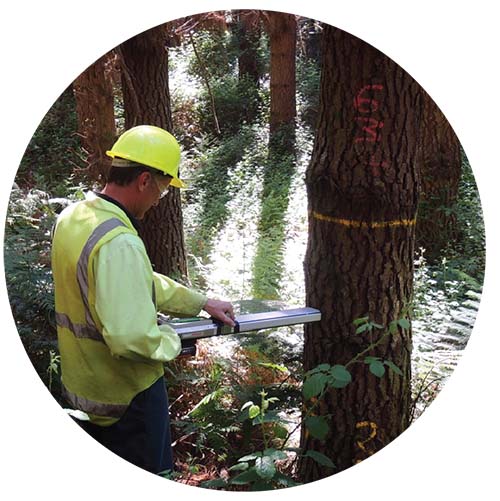
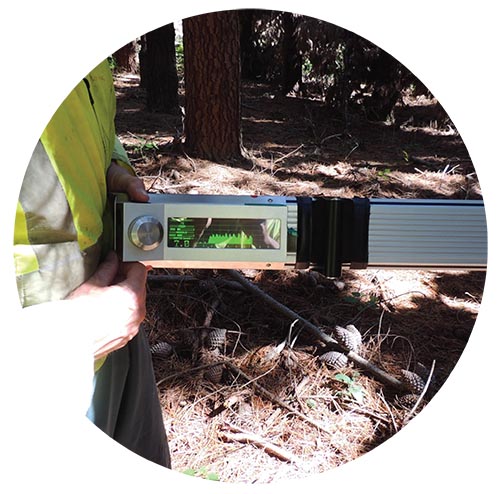
The supply chain consists of two broad components. The first is Research and Development, which comprises Research Funding, Research Providers and Research Outputs, the result of which are channeled to the RPBC Breeding Population for testing in breeding trials.
The second component is Deployment which, starting with the RPBC breeding population retaining the very best of the material put to test, is then channeled to market via Germplasm Producers, Germplasm Producers, Nurseries, and finally to Forest Owners
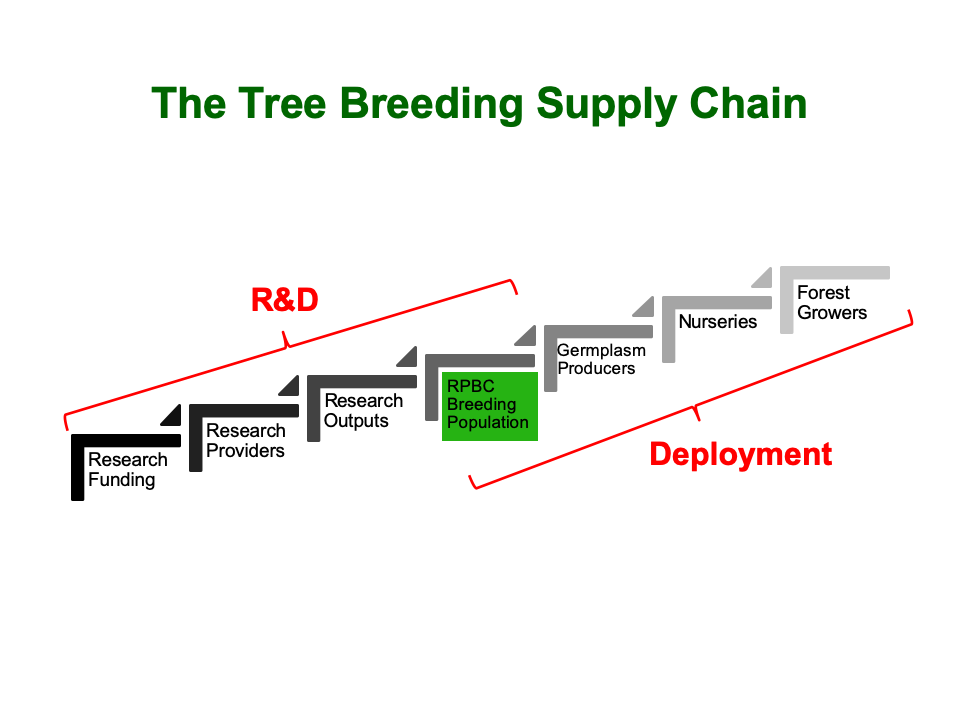
Commercial seed orchards and nurseries provide seedlot mixes of families with improvements in several key traits bred to suit a wide range of market and site conditions. The GF Plus™ rating scheme provides guidance on genetic improvement for each trait.
Improved genetic stock can be purchased from the following vendors:


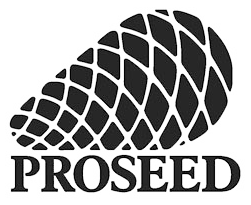
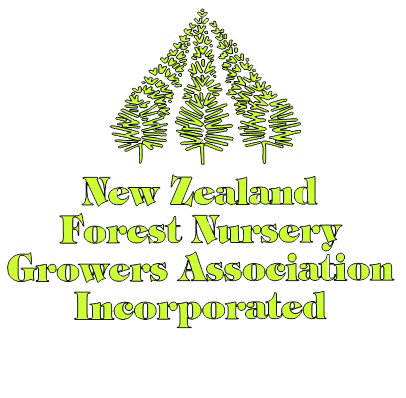

Click here for a list of certified Forest Nursery Growers
Somatic and vegetative clones, from a certified clonal producer:

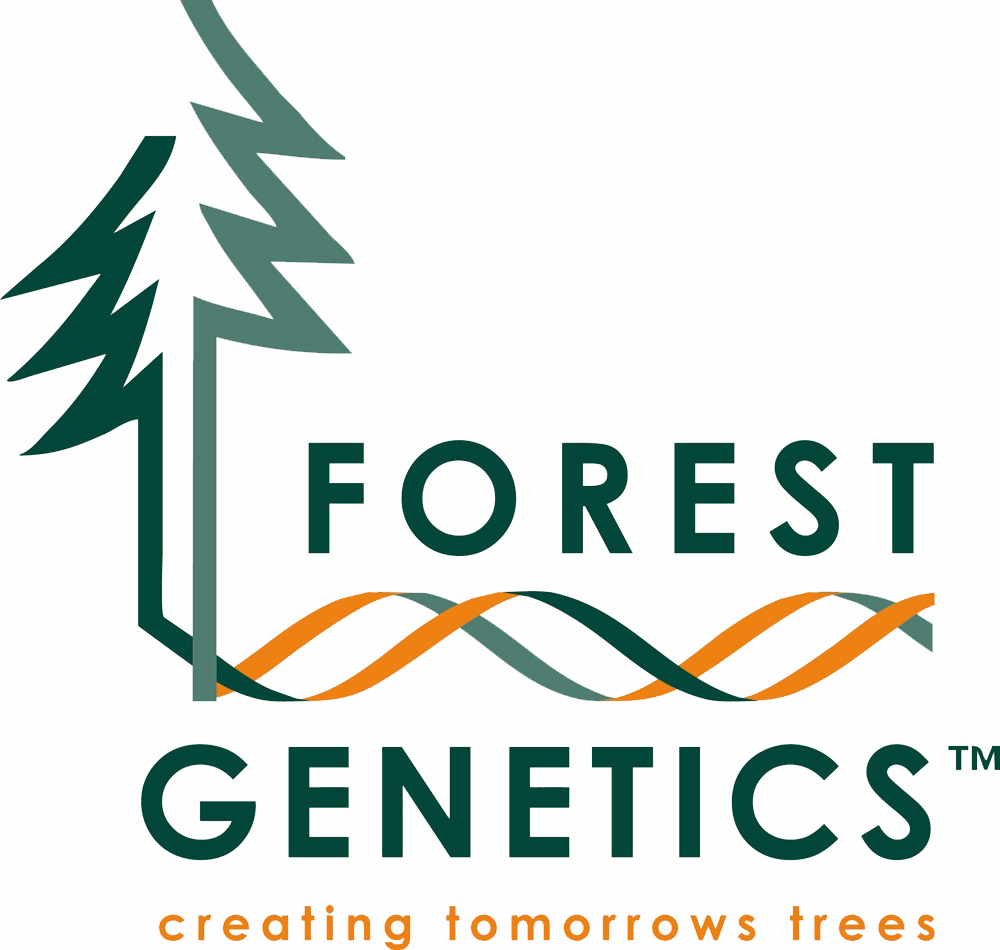
All radiata pine seed producers and nursery growers collect a GF Plus™ Royalty for RPBC on all stock sold to non-RPBC shareholders. This ensures that those non-shareholder growers who enjoy the benefits of RPBC’s historical investment are contributing to the ongoing improvement of germplasm. Each RPBC licenced nursery grower pays RPBC the Royalty collected on each plant sold. An unlicensed nursery grower pays the GF Plus™ Royalty on seed purchased. All buyers of stock pay the same Royalty regardless of how the nursery manages this cost.
Producing seed of improved radiata and growing radiata pine stock to be planted in forests requires a licence from RPBC because RPBC owns all the genetically-improved radiata produced in New Zealand. To propagate and supply stock, a plant supplier requires a RPBC Propagation Licence and a RPBC Sales Agreement. Only RPBC Shareholders can breed RPBC’s radiata pine using New Zealand radiata germplasm and the only shareholders doing so are companies developing and supplying radiata varietals (somatic clones) to the market.